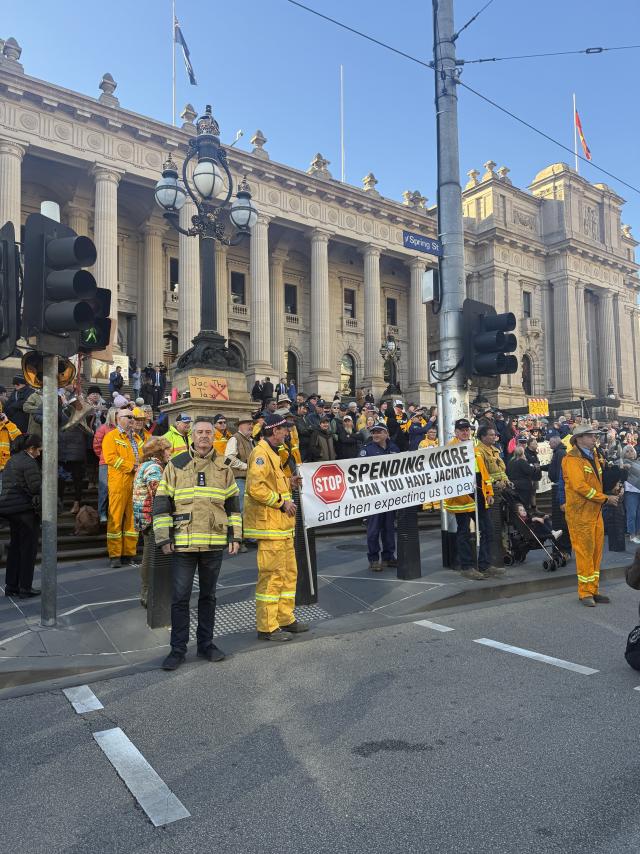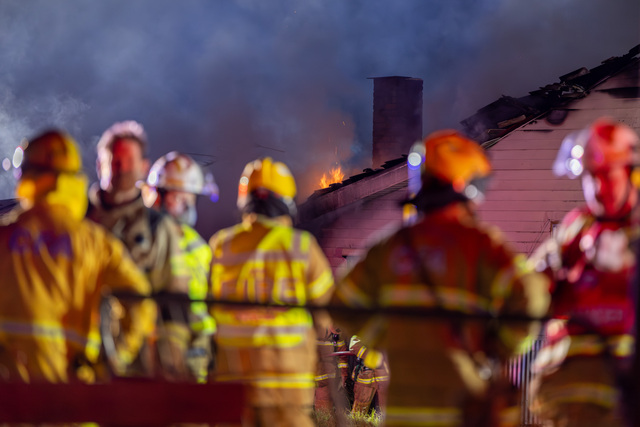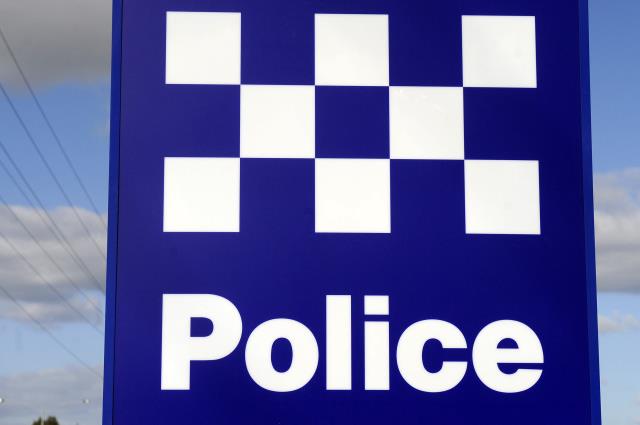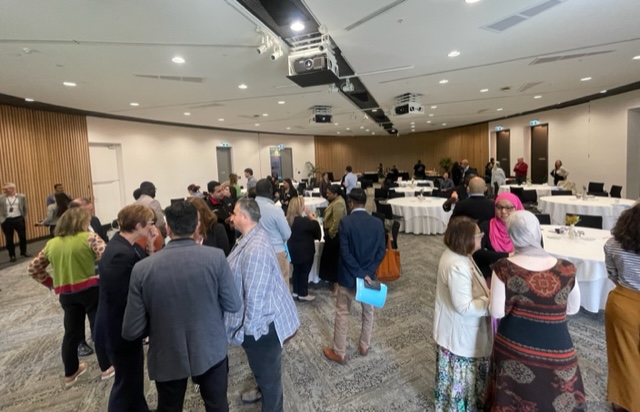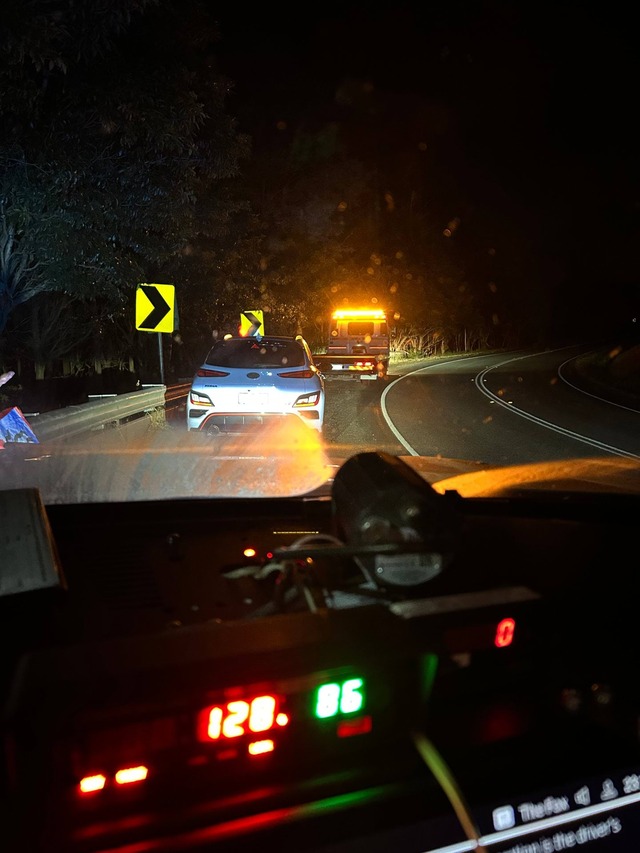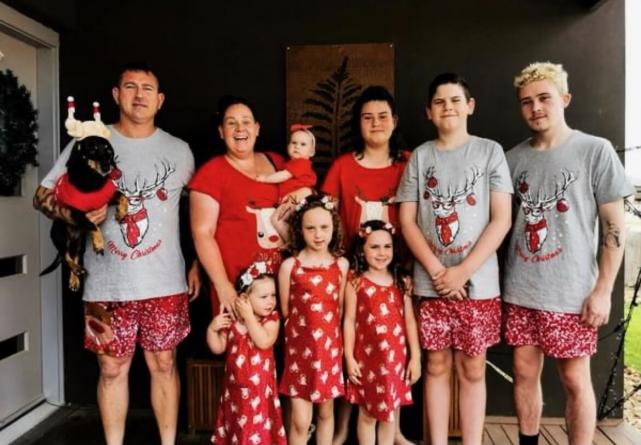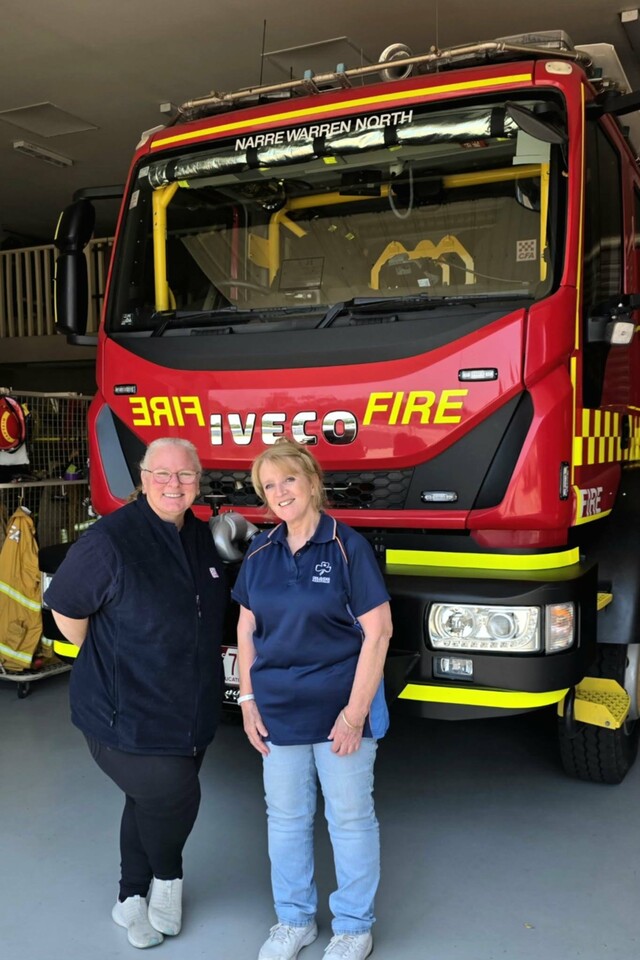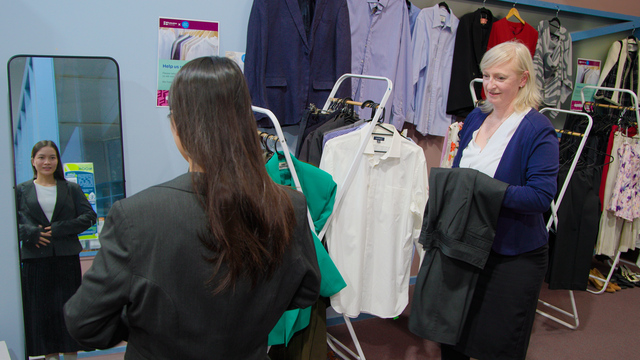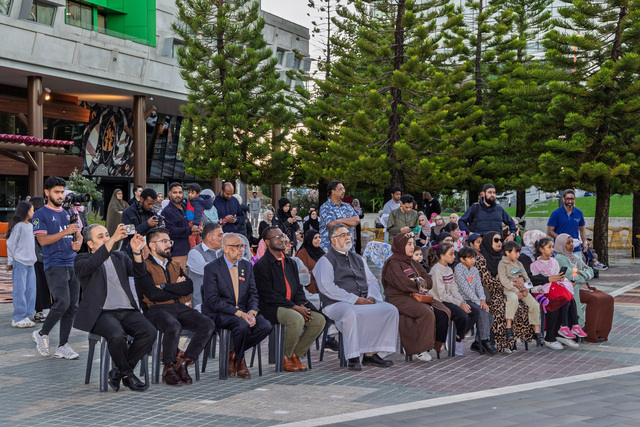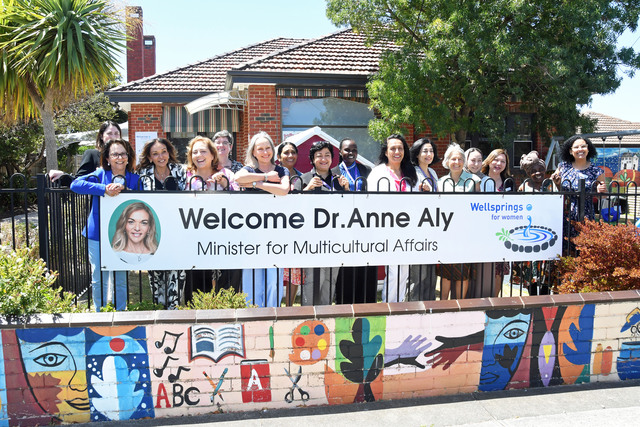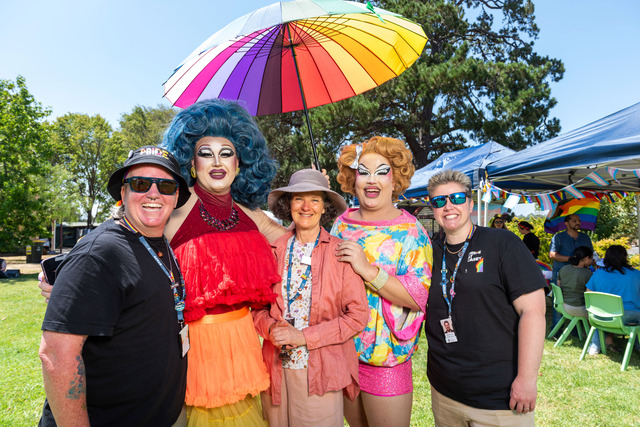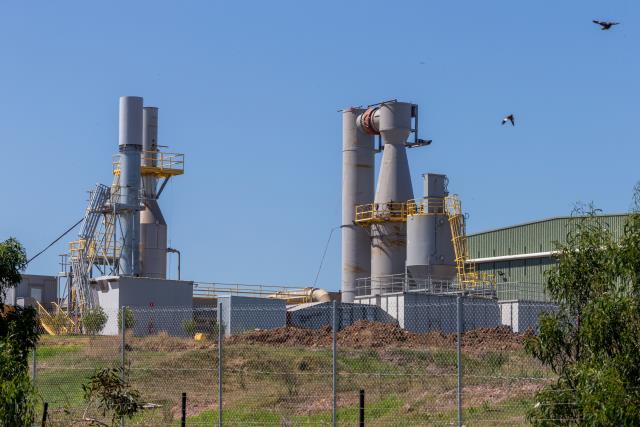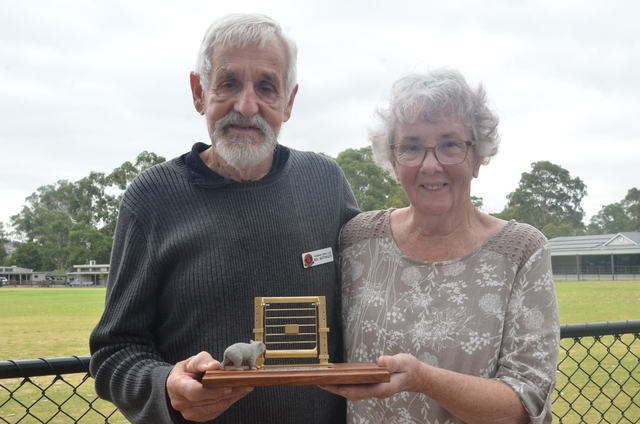Casey community is opposing the controversial Emergency Services and Volunteers Fund (ESVF), saying the new levy is a “cash grab” that will deepen the cost-of-living crisis.
The new levy has prompted hundreds of firefighters from statewide to protest in Melbourne city on the morning of the state budget delivery day.
Cranbourne Fire Rescue Victoria (FRV) senior station officer and United Firefighters Union (UFU) Victoria delegate Geoff Barker said it was an “extreme insult” that their names as firefighters and emergency service workers were being used this way.
“Of course, we should fund emergency services, but it’s not what this is about. This is the government using firefighters and emergency service workers as human shields for an unfair tax grab,” he said.
He said everyone would be impacted by the new levy, from professional firefighters to volunteer firefighters to farmers to landlords to renters to business owners.
“It’s not just a property-based tax, but it’s a tax that’ll flow on through consumer goods through to the checkout at the supermarket,” he said.
“This tax hit farmers harder than anybody else. They don’t have the money sitting around to pay for it. We’ve already heard of farmers talking about tens of thousands of dollars.
“Many of these farmers are volunteers. It’s going to impact them, despite the fact that the government talks about volunteers being exempt, it’s primarily their principal place of residence.”
The new levy ESVF was passed last week in parliament to replace the Fire Services Property Levy (FSPL) from 1 July this year.
According to the State Government, ESVF will “help support a broader range of emergency services and for the first time include VICSES, Triple Zero Victoria, the State Control Centre, Forest Fire Management Victoria and Emergency Recovery Victoria, as well as the Country Fire Authority (CFA) and FRV”. It will still be collected by councils.
The new levy will fund 90 per cent of FRV’s budget, and 95 per cent of CFA’s and VICSES’s budgets.
Variable rates will be higher under the new levy to account for its larger scope.
For residential properties, the median charge will grow by more than 30 per cent from $191 to $254. For farmers, the median liability will grow by more than 85 per cent from $621 to $1120.
The new levy is estimated to collect more than $600 million a year on top of the existing levy and more than $2 billion over the next three years.
Eligible CFA and VICSES volunteers will receive a rebate on their principal place of residence or farm.
Opposition MP for South-Eastern Metropolitan Region Ann-Marie Hermans said constituents across her electorate had contacted her in droves, worried about the impact it would have on the cost of living.
“Higher taxes risk putting farmers and growers in the South East out of business, and will drive up the cost of groceries for everyone else. Local councils will be forced to collect this tax and incur the costs of doing so, while not having a share in it,” she said.
“The costs will be passed onto ratepayers in the form of higher rates or diminished core services.
“Disgracefully, the government is calling it a ‘fund’ for the emergency services, but in reality, not a cent is going to the fire services for the replacement of outdated vehicles.”
City of Casey Cranbourne Gardens Ward Councillor Michelle Crowther said she hadn’t been contacted by local farmers about the new levy, but after speaking to local vegetable farmers in recent months, many told her they were struggling with the lack of rain and having to purchase water, as their dams and bores were dry.
“These water costs, combined with many other rising costs and taxes, are impacting our local farmers’ financial viability,” she said.
“It is disappointing that the new ESVF levy unfairly burdens our already-struggling farmers.”
City of Casey Mayor Cr Stefan Koomen said the council values the crucial role emergency services play in supporting the Casey communities.
“However, we believe this increased levy unfairly places further financial pressure on our community, who are already well and truly feeling the impacts of cost-of-living pressures,” he said.
“It’s important to emphasise that the Council acts only as a collector of this levy, with all funds going directly to and managed by the State Government. Undertaking this role places extra pressure on Council resources.
“As a member of the Municipal Association of Victoria (MAV), we support last week’s agreed actions. Representing local Councils statewide, the MAV voted to lobby the State Government against Councils collecting this levy and to ensure that the levy is fair and doesn’t place an unfair burden on farmers or people living in rural areas.”
Bass MP Jordan Crugnale said she knew this was a very difficult time for many members of the community, particularly farmers, with drought conditions and bad harvests.
“I am glad to see some recent changes to the levy, including reducing the cost to primary producers and providing refunds for farmers in drought-impacted areas,” she said.
“Eligible CFA and SES volunteers and life members will also receive a full refund on their primary residence. In addition, eligible farmers in declared drought-impacted areas will be able to claim an additional partial rebate in 2025/26. This means that these farmers will have no increase in their Emergency Services and Volunteers Fund levy rates compared to those they paid the previous year for their Fire Services Property Levy.
“Every single dollar raised by this new fund will support our emergency services. This is an extension of the Fire Services Levy, which brings in the SES who currently have to pay, for example, their own fuel, protective uniform, extinguisher checks and equipment repairs.
“These changes will give emergency services the funding and equipment they need as they face natural disasters, which are happening more often and becoming more destructive.”

